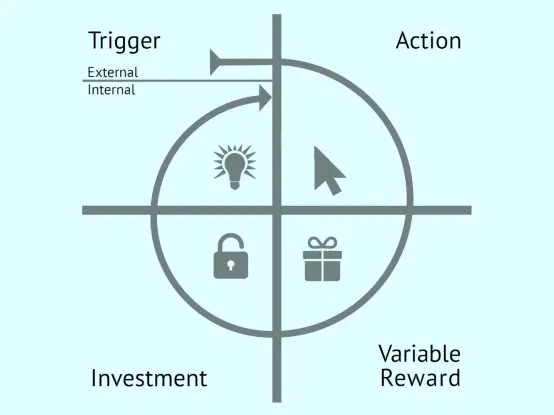I've been watching developers learn TDD for 25 years, and I have a reasonable ballpark on what it takes.
Roughly 1,000 red-green-refactor-commit cycles for the "rules" to become habits, and to scale the learning curve enough to make TDD work in practice on everyday code bases.
If you progress from regular practice (e.g., 2 hours a week) to TDD-ing on most of your code (10-15 hours a week, apparently), you're looking at 4-6 months.
And that, folks, is why "We tried TDD and it didn't work"


